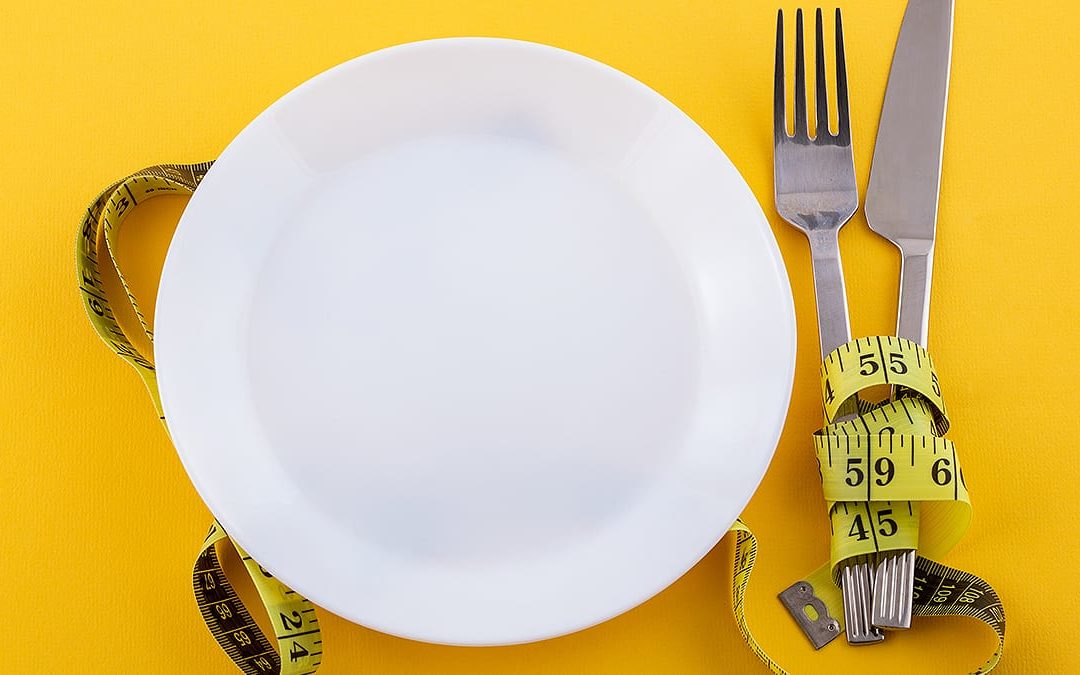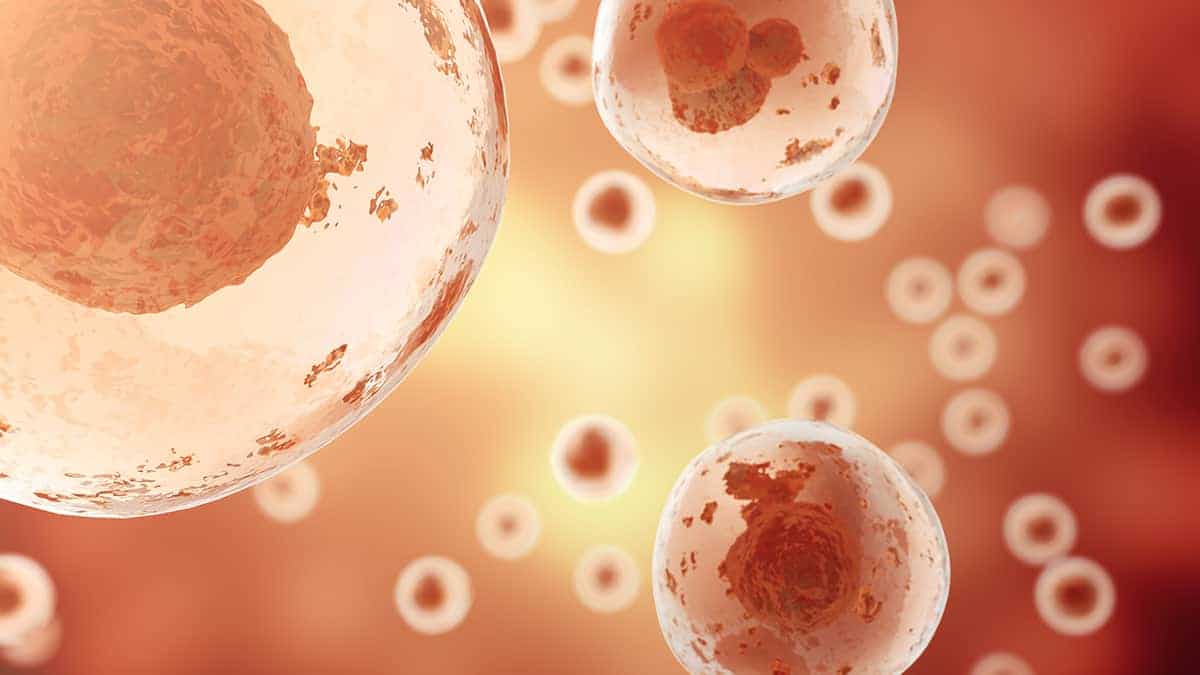
Do the Three Most Popular Diets Really Work?
Do the three most popular diets really work? There’s so much health, nutrition and fitness advice out there, and some tips seem to contradict others. Additionally, trends are constantly changing, and it’s hard to know what is actual good advice and what is just a passing fad.
Here, we’ll break down the three most popular diets. These eating plans each come with some benefits that science shows may help your health. They all also come with advice that may be ineffective or even harmful for certain groups of people. Paying attention to the parts that work may help you learn how to maintain a healthy weight.
What Are the Most Popular Diets?
One way to tell which diets are the most popular is through surveys and studies. One such study is conducted each year by the International Food Information Council (IFIC). In 2020, the IFIC surveyed over 1000 Americans about their food habits and beliefs. 43% of Americans said that they had tried a diet or eating plan within the last year. This number was an increase compared with the past few years.
The 2020 IFIC survey found that the three most popular diets were:
- Intermittent fasting
- Clean eating
- Ketogenic or high-fat diet
Of course, just because a diet is popular doesn’t mean that it works for all or even most people! Here, we will dive into the science behind each of these diets and explore whether these eating plans are worth the time and effort.
Intermittent Fasting

How Do You Try Intermittent Fasting?
Intermittent fasting doesn’t involve counting calories, eating certain foods, or avoiding certain items. This type of diet doesn’t tell you how or what to eat – it just tells you when to eat. However, the intermittent fasting diet is much more effective if — when the “eating” window occurs — one eats healthier options rather than higher caloric, heavily processed and unhealthier options. That is, if one engages in eating these very unhealthy options during this time, the effects of the intermittent fasting diet is diminished.
There are many possible intermittent fasting plans you can follow. Some examples are:
- Alternate day fasting: With this method, people fast every other day. On fasting days, a person only eats a couple hundred calories or doesn’t eat at all. On other days, a person eats normally.
- 5:2 diet: This is a type of alternate-day plan where you eat normally for five days per week. On the remaining two days, you eat two very small meals totaling 500-600 calories. For example, you may decide to fast on Tuesdays and Fridays.
- Eat-Stop-Eat: This plan involves fasting for a full day once or twice a week.
- 16/8 method: On this plan, you fast for 16 hours and then eat all of your meals within an 8-hour window. For example, you may skip breakfast, and then eat a couple of meals between noon and 8:00 pm. Other similar plans exist, such as the 14/10 method, where you fast for 14 hours and eat for 10 hours.
Many people are more successful at IF when they ease into it more slowly. Starting with the 16/8 or 14/10 method, or even just starting with skipping breakfast, may be easier than jumping right into alternate-day fasting.
What is the Science Behind Intermittent Fasting?
When you avoid food for a bit, several changes happen within your cells. Right after eating, the level of sugar in your blood gets higher. Your cells use this sugar to make energy. When you fast, you have less sugar in your blood, and your cells switch from using sugar to using stored fats as fuel. Additionally, during fasting periods, your cells can more easily heal damage.
What Are Possible Benefits of Intermittent Fasting?
IF seems to help boost metabolism, spurring your body to burn more calories. Many clinical studies have shown that IF can help people shed pounds. This seems to be especially true for people who already weigh a little more. Additionally, when fasting is combined with strength training workouts, it can help people lose more fat without losing muscle.
IF may also lead to other health benefits, including:
- Improvements in heart health through lowering blood pressure, cholesterol, and heart rate
- Stabilized blood sugar levels for people who are diabetic
- Boosted brain health and better memory
- Fewer symptoms of chronic health conditions like asthma and arthritis
Additionally, fasting plans may be easy to follow. You don’t have to plan or prep specific meals, or keep track of your foods. You can still easily visit restaurants and enjoy your favorite foods, which may be more difficult when following other diets.
Are There Any Cons to Intermittent Fasting?
Fasting can lead to many side effects, like extreme hunger, headaches, problems focusing, irritability, or bad breath. However, side effects may start to go away after several weeks.
These side effects can make fasting hard to stick with. In clinical trials, people often eat more than they are supposed to on fasting days. Some studies have found that that IF leads to a larger drop in pounds compared to traditional calorie-cutting diets, while others have found that both diets produce similar amounts of weight loss and other health benefits. This means that if you’re more likely to stick with a standard low-calorie diet than an intermittent fasting plan, it may be better to just do that.
People who try intermittent fasting should also know about other possible health issues while following this plan. Fasting can increase levels of LDL (“bad”) cholesterol. Fasting can also be risky for people with certain health conditions, such as diabetes. If you’re interested in trying IF, talk to your doctor first to get advice on how to fast safely.
Clean Eating

The second most popular type of diet in 2020, according to the IFIC survey, was clean eating. These diet plans emphasize eating whole foods that are in their natural state, as opposed to processed foods. People who follow clean eating plans say that they can lead to weight loss and better health.
What Foods Do You Eat On a Clean Eating Plan?
“Clean eating” does not refer to just one specific diet. It’s more of a loose, flexible set of guidelines. Clean eating plans encourage people to eat a lot of vegetables, fruits, whole grains, non-fatty proteins, and healthy fats. These foods should also be eaten in their natural forms, without being altered, whenever possible.
People on clean eating plans avoid foods that are processed. Any time a food has been changed from its original form, it’s not considered to be as “clean.” For example, clean eating says that eating whole fruits is better than drinking fruit juice. There are some exceptions, however. Frozen veggies and fruits are usually picked and frozen at their freshest, and are considered clean eating. Additionally, while cooking is technically a form of processing food, it’s fine to cook your meals when you’re on a clean eating plan. Examples of processed foods to avoid when following clean eating plans include:
- Pre-made, pre-packaged, ready-to-eat foods
- Frozen or microwaveable meals
- Items with additives and preservatives
- Foods with added salt, fat, or sugar
Check the labels of the foods you eat. If there are multiple ingredients you don’t recognize, that item may not be part of a clean eating plan.
Does a Clean Eating Plan Work?
Clean eating has not been directly tested in clinical trials. However, some of its principles have been.
People who eat a lot of processed foods are more likely to be obese. However, this doesn’t necessarily mean that cutting out processed foods will automatically make you start dropping pounds – it may be more complicated than that. Clean eating as a weight loss strategy has not yet been well-studied. However, clean eating is similar to the Mediterranean diet, which also emphasizes whole, fresh foods. Many studies have shown that the Mediterranean diet can help people lose fat and achieve and maintain a healthy weight.
Clean eating principles can potentially have other health advantages, too:
- People who eat more fruits and vegetables are less likely to have heart disease
- Diets low in processed foods are less likely to lead to inflammation and heart disease
- Eating whole grains, rather than processed, refined grains leads to less belly fat and lower risk of death due to heart disease or cancer
- Avoiding foods with added sugars can protect you from liver disease, diabetes, heart disease, and certain cancers
- Cutting out ultra-processed foods may lower your risk of cancer, protect you from heart disease, and increase your life expectancy
Should You Follow a Clean Eating Plan?
Clean eating hasn’t yet been well-studied enough to know whether or not these eating plans generally lead to weight loss. However, clean eating plans can likely provide many health benefits.
It’s important to consider that clean eating means avoiding ready-made meals. Many restaurant or fast-food meals are also off the table. This means that you will need to cook most of your meals at home. This may be a good thing. It probably means that you’ll be saving money on your food bill. However, if you don’t have a lot of extra time to cook, it might be difficult for you to follow this plan.
Ketogenic or High-Fat Diet

A ketogenic diet, often simply called “keto,” is an eating plan in which people control the amounts of carbohydrates, proteins, and fats that they eat. People following this diet will eat much fewer carbs and more fats than usual.
What Is the Science Behind Keto?
Keto works in a similar way as fasting. The cells in your body typically use carbohydrates, including sugars, as fuel. When cells aren’t getting enough carbs, they turn to a process called ketosis. During ketosis, fats are converted into molecules called ketone bodies, which are then used by cells to make energy. During this time, the body also stores less sugar and fat.
Do Keto Diets Work?
Several studies have found that high-fat diets can lead to greater amounts of weight loss than low-fat diets. Keto may help you lose weight by burning extra fat and by helping decrease your appetite and encourage you to eat less.
Ketogenic diets help with other health issues, too. These diets have been used for nearly 100 years to help treat epilepsy. Modern studies have also found other benefits. Keto can:
- Decrease insulin and blood sugar levels, which may lower diabetes risk and potentially help treat diabetes
- Support brain health and reduce symptoms of Alzheimer’s disease and Parkinson’s disease
- Improve mood
- Help reduce acne
What Are Some Potential Problems With the Keto Diet?
Keto can lead to side effects like nausea, tiredness, sleeping problems, and constipation. However, these side effects usually don’t last more than a few days, or occasionally up to a couple of weeks.
Additionally, only a couple of studies have taken a deep look at how ketogenic diets affect health long-term, and we know that there are several long-term side effects that must be taken into consideration before one starts a ketogenic diet. These include the following: fatty liver (hepatic steatosis), low protein levels in the blood (hypoproteinemia), kidney stones (renal calculi), and certain mineral and vitamin deficiencies and it is possible that there are other long-term side effects that we don’t yet know about. Additionally, keto can increase your cholesterol levels, so if you already have high cholesterol, this diet may not be a good fit for you.
How Do You Follow a Keto Diet?
If you want to try keto, you will need to eat a lot more fat and a lot fewer carbs. There are different keto plans that advise eating different amounts of these nutrients. Many plans encourage people to eat foods in the following ratios:
- 55-60% of the calories you eat should be fats
- 30-35% of your calories should be proteins
- 5-10% of your calories should be carbohydrates
In order ensure you’re hitting these goals, you will have to track everything that you eat and drink. Several websites and apps can help by allowing you to log foods. These tools can then calculate how many of your calories come from fats, proteins, and carbs, and help you see if you are on track.
Will Any of These Diets Help You?
Most diets give people good results after six months. They often help people lose weight, lower blood pressure, and improve cholesterol levels in the short term. However, in the long term, these benefits often disappear. People gain back the weight and their blood pressure and cholesterol levels go back to where they were before.
One reason is that diets are very hard to stick with. It’s somewhat easy to see results when a diet feels new and exciting. It’s harder to have momentum. For this reason, it may be better to build up eating habits that you know you’ll be able to stick with. Take a look at your needs and preferences, including how much time you have available to cook your own meals and the types of foods you usually like to eat. Try to find a diet that doesn’t involve a lot of big changes, and start slow.
Fasting, clean eating, and keto can all probably help you maintain a healthy weight and improve your health. It’s always a good idea to talk to your doctor before starting a new diet or eating plan, because they can help you do so safely and minimize possible health problems.
If you would like to learn more, schedule a consultation with Dr. Connor.








